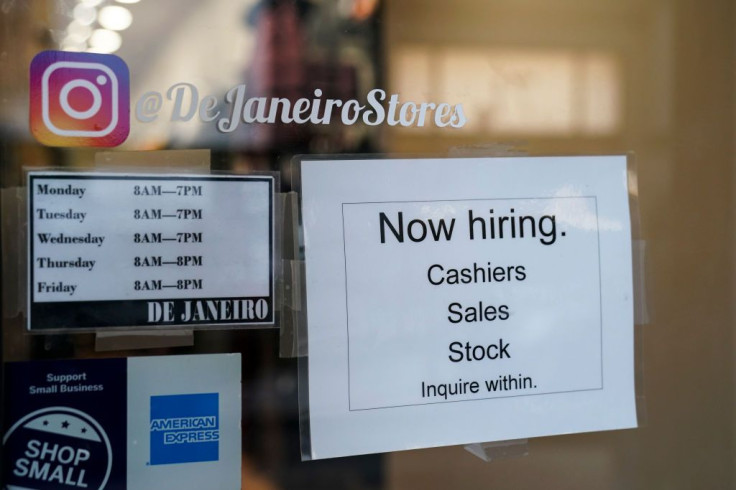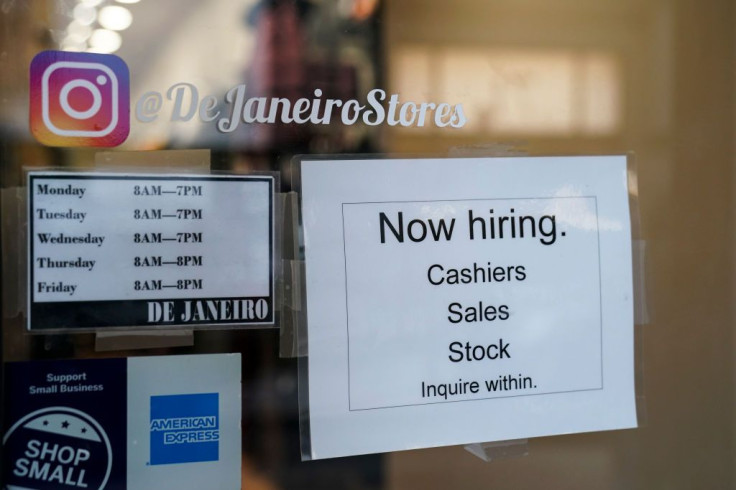53% Of Small Businesses Believe Recession Is Coming

Two major surveys among small business owners in the United States confirm that confidence in a more profitable tomorrow has plunged to its lowest point since Donald Trump became president, mainly due to persistent talk of an oncoming economic recession.
The highly-anticipated Small Business Optimism Index published by the National Federation of Independent Business (NFIB) fell 3.2 points to 101.2 in January, the weakest reading since November 2016. The index has fallen for five straight months since hitting an all-time high in August 2018.
Analysts said the index reached conclusions similar to that of other confidence surveys, which together revealed much weaker business confidence.
NFIB said “there is more talk about recession risk.” It said small business owners are worried “about future sales growth, some weakness in business conditions later in the year and some deterioration in conditions that would be supportive of business expansion.”
Equally alarming, NFIB said its uncertainty index jumped 7 points to 86 in January, the fifth highest spike in the survey’s 45-year history. The troubling rise in uncertainty coincided with the 35-day partial shutdown of the federal government. The longest shutdown in U.S. history ended Jan. 25 after Trump and Congress agreed to temporary government funding, but without money for Trump’s border wall with Mexico.
Based in Nashville, Tennessee, NFIB is the largest small business association in the United States.
The other survey by CNBC/SurveyMonkey Small Business Survey reveals that 53 percent of small business owners believe a recession is coming. It’s just a matter of when.
"While a slim majority of small-business owners see a recession ahead, there's little sign that they think it's imminent," said Jon Cohen, chief research officer at SurveyMonkey. "The small-business index has tapered off from its peak in Q3 2018, but it certainly hasn't hit a wall, and several of its core components remain strong.”

The relentless infighting in Washington D.C. has been identified as a cause of declining confidence by the survey. Especially thorny issues of concern for small business owners are the federal government shutdown and the deadlock over immigration reform between president Donald Trump and the Democratic Party in the House.
Only 20 percent of small owners said the shutdown was a major concern for their business. On the other hand, owners of larger businesses such as corporations are more likely to think small businesses will be hurt by a shutdown than the business owners actually were.
Talk of a recession is unabated. Elevated recessionary fears were revealed by the CNBC Fed Survey in January. This survey of economists, fund managers and strategists estimated the probability of a recession in the next 12 months at 26 percent, the third straight increase and the highest since January 2016.
This figure is also the highest of Trump’s presidency. Another Wall Street Journal survey of economists said fears of a recession are at a seven-year high.
A national poll by SurveyMonkey in January also found a high level of recession anxiety. This survey involving 10,000 persons saw 63 percent of respondents saying a recession is likely in 2020 while 10 percent said it was "very unlikely."
The SurveyMonkey consumer confidence index also hit its lowest point since December 2017.
© Copyright IBTimes 2024. All rights reserved.





















